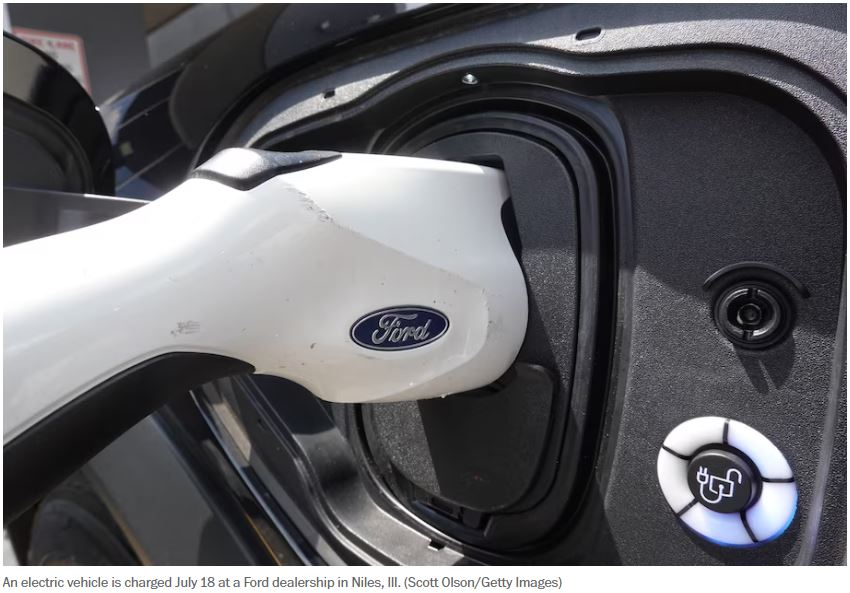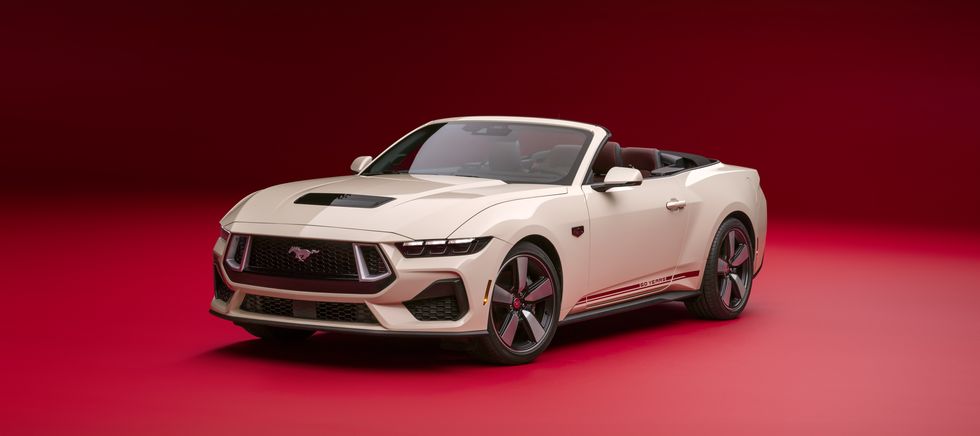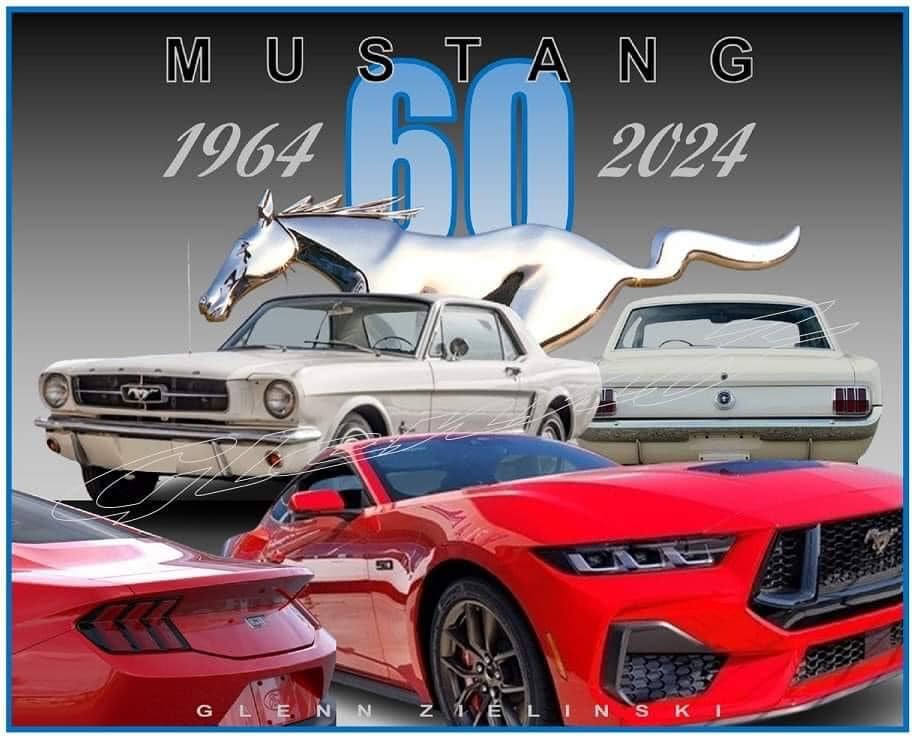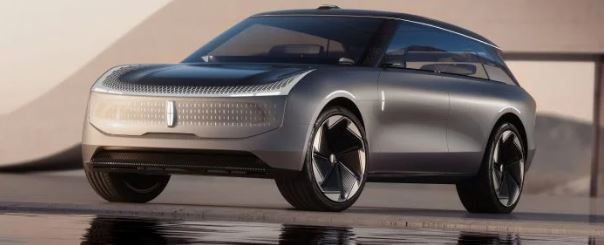From the Washington Post:
The automaker says it will reach 600,000 electric vehicles a year in 2024, rather than 2023 as originally predicted. Ford Motor pushed back its production timeline for electric vehicles and said customer demand in the near term will be “a little slower than expected,” sounding a note of caution about one of the auto industry’s biggest bets.
Ford now expects a production rate of 600,000 EVs a year at some point in 2024, CEO Jim Farley said Thursday while discussing the company’s latest earnings report. The company previously said it would reach that pace by the end of this year.
Ford recently slashed the price of its battery-powered F-150 Lightning pickup truck in a move to gain more market share as competition looms from Tesla, Rivian and General Motors. Ford sold just about 15,000 Lightnings last year, Deepwater Asset Management analyst Gene Munster estimated, far short of what it had been shooting for. The company last month said it aimed to produce 150,000 Lightnings a year by the end of this year.
The global auto industry is investing tens of billions of dollars to retool factories to produce electric vehicles and batteries in one of the sector’s biggest-ever manufacturing pivots. The heavy investments required mean that the EV business so far remains unprofitable for many automakers.
Ford said it expects its EV business to lose about $4.5 billion this year.
The company’s recent EV investments include opening a new factory in Germany, expanding production capacity for the Mustang Mach-E in Mexico, enlarging an EV factory in Michigan, and continuing construction of an EV pickup plant and three battery manufacturing facilities in Tennessee and Kentucky. It is also preparing to build a new battery factory in Michigan.
While EVs now generate 7 percent to 8 percent of new vehicle sales a month in the United States, Farley said, more than 30 percent of consumers say they intend to buy one. But price is still an obstacle for some buyers, he said.
“There are plenty of customers,” Farley said. “The issue is, the price they are willing to pay has come down. But it’s very, very lumpy. It’s not consistent across all segments.”
Price-cutting from some automakers, including Tesla and Ford, has softened EV prices somewhat, but on average they still cost more than gasoline-powered cars. The average EV cost $53,438 in June versus $48,808 for gas-powered cars, according to Cox Automotive.







